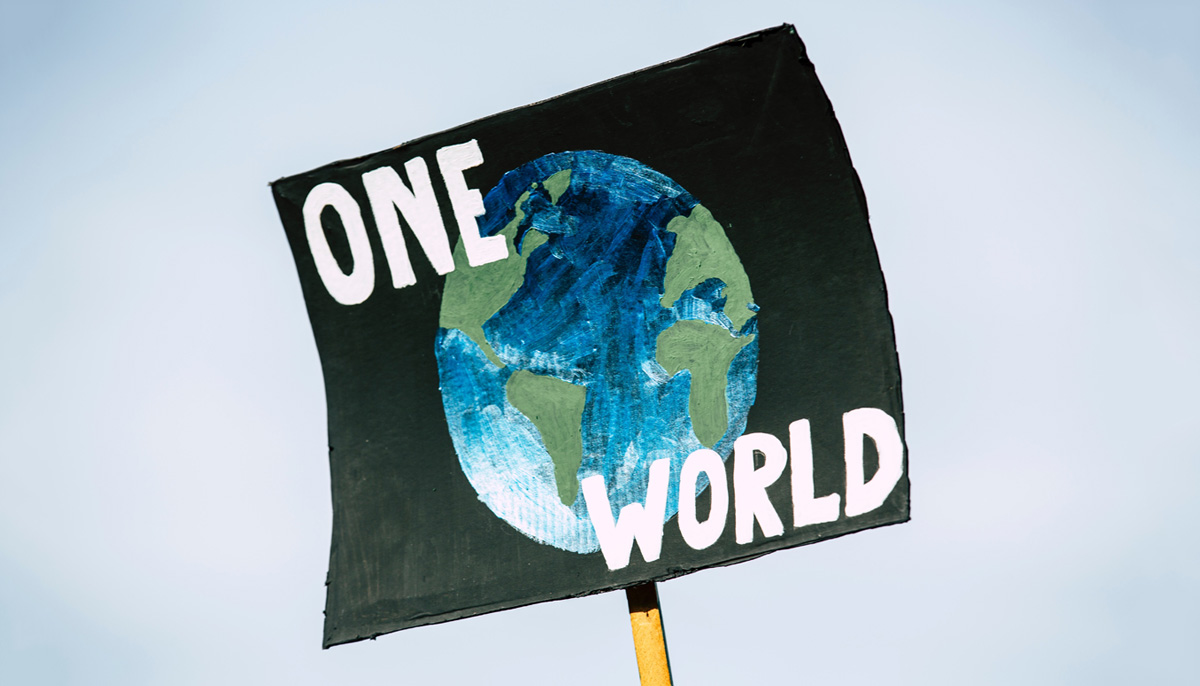Sit with the paradox—this fundamental teaching from my Rinzai Zen training guides me in these coronavirus times.
In our Zen tradition, students are asked to work with paradoxical stories, dialogues, or questions called koans. As an example, here is a Zen koan: How will you blow a lit candle that is a thousand miles away? While it is not a part of Zen literature, virgin and pregnant mother Mary is a koan.
Does the healing of our society require us to be unyielding, or do I have to be yielding and ready to compromise to create bridges in this divided and polarized world?
There are differences, but in general teachers test the students for their ability to sit with a paradox without falling into the trap of analyzing it intellectually. This process of staying with a koan might involve letting go of specific kinds of fixations, opinions, or attachments, or rushing to find solid and linear yes–no or right–wrong answers.
My life as a climate scientist-activist and grief-ritual facilitator also confronts me with life koans. It involves sitting with wild paradoxes like these:
Do I root myself in gratitude at this moment or allow myself to grieve the state of the world?
Some activists say things are getting better and better, but others say things are getting worse and worse. Which is true?
Does the healing of our society require us to be unyielding (because one has to say no when faced with systemic oppression), or do I have to be yielding and ready to compromise to create bridges in this divided and polarized world?
Facing systems of harm requires that we join communities of caring action so the community’s ancestral wisdom and resilience can guide us. But all communities expect conformity or loyalty and are prone to dogma, conservatism, or patriarchy. What do I choose?
Carl Jung highlighted the need to appreciate paradox for spiritual growth. According to him, paradox presents a more faithful picture of the fullness of life than is possible through our use of logic or reason. To quote Jung, paradox, in encouraging us to hold the tension of opposites, “widens consciousness beyond the narrow confines of a tyrannical intellect.” To awaken to the unknowable “Self” (“Big Mind” in Zen tradition), we need paradox—the irrational nonlogic that allows for the expression of transcendental truth.
For me, this pandemic and Black Lives Matter protests have evoked the bewildering paradox of embracing death and sickness while doing our best to avoid sickness and death. Can we surrender to the reality of death while energetically trying to reduce suffering especially for those who are most vulnerable? Or are they mutually exclusive?
Once again, the point is not to choose an answer by intellectual analysis, but to stay with the paradox. When we rush and don’t embrace the complexity of a paradox to go beyond koans’ superficial duality, we bypass the full emotional and spiritual impact of what is happening around us. This bypassing results in shallow “Band-Aid” actions that don’t address the root and systemic causes of any problem, both at individual and societal levels.
Our current crises can be our spiritual teachers and portals to a kinder and more just world—if we are not afraid of paradoxes in our lives. I invite you to sit with and learn from your paradoxes.

